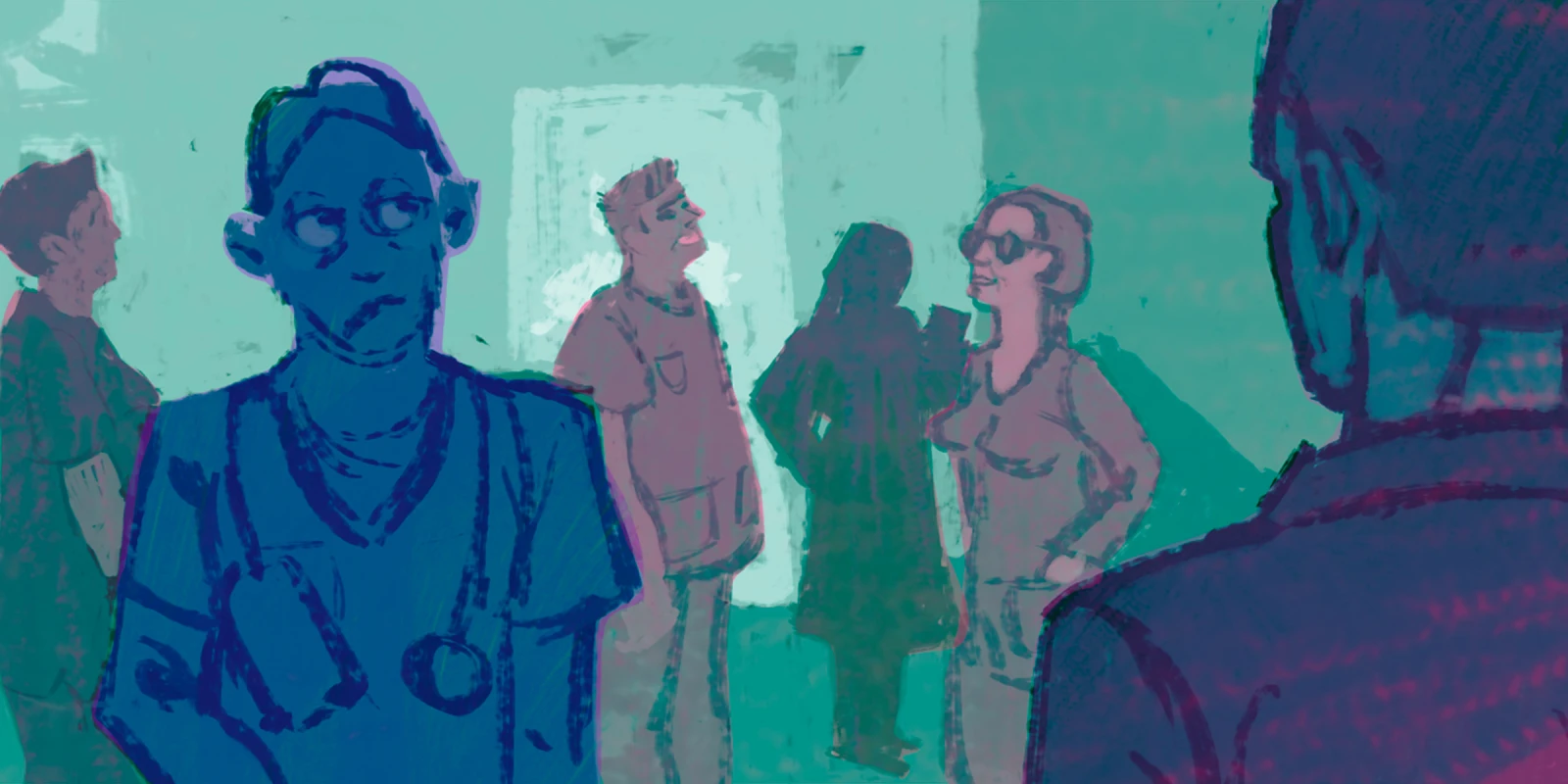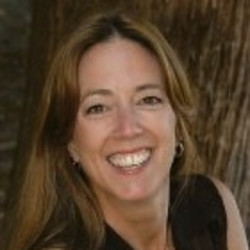Except for a several-year hiatus while serving on the planning committee, I’ve been a speaker at the American College of Emergency Physicians Scientific Assembly since 1990. The meeting is always a bright spot of my year. I absolutely love the teaching, and a highlight is catching up with friends I see only at the annual conference.
But this time, it felt different.
In the three years since I’d last seen my colleagues in person, burnout hit an all-time high for emergency physicians. Some of last year’s holiday letters from friends in the field said they were calling it quits, years before they had originally planned. They were just… done.
So when I got to the meeting I was concerned about my colleagues. Worried about the mood of the attendees. Would they interact when I offered the case presentations in my lectures? Would the people attending the panel discussion about women in medicine jump in and ask questions? Would they be open to what I wanted to say to them in the closing keynote session I was scheduled to give?
I didn’t need to worry. At least not about the lectures, or the panel. It was like riding a bicycle, both for me and for the attendees.
One of my lectures was case-based. Physicians and non-physician providers jumped right in, offering diagnoses and choosing tests. It was fun to talk about something other than COVID, to be reminded of the breadth of knowledge necessary to practice emergency medicine, and of how quick on their feet emergency medicine clinicians are.
The panel focused on the challenges of being a woman in emergency medicine. The four panel members represented different ages, ethnicities, and family structures. While we each had different perspectives, we all had similar experiences. The audience piped in, brought up difficult topics, and offered suggestions. The hour planned was clearly not enough. The audience really wanted to talk.
My final presentation was the closing keynote lecture. At 1:30 pm on October 3, in a huge lecture hall in San Francisco, I got to talk to nearly a thousand of my emergency medicine colleagues.
The topic?
“Why We Matter and Where Do We Go From Here.”
It boggles my mind that I would ever stand in front of hundreds of my colleagues and need to address why they matter. That they would ever get to the point that they didn’t think that their work, their breadth of knowledge, their ability to do the hard things if needed, to make the difficult diagnoses, to care for everything that might come through their doors… that they might ever feel that they didn’t matter.
So I told them what I thought was wrong. That what they knew in their heads they no longer felt in their hearts. That the problem wasn’t that they didn’t matter, but that they just weren’t sure the job was worth it anymore. And that a way to make it worthwhile again was to reacquaint themselves with the person they were when they decided to go into medicine. The person who worked hard, studied hard, and chose this stressful and rewarding specialty. That they needed to grieve the past three years, the illness and death they had seen, and the changes in the practice of medicine compared to when they started. That they were resilient and strong and could leave that lecture, that conference, reminded of who they were and why they do what they do.
What did I hear from my colleagues after that lecture?
That they felt acknowledged. Their pain and frustration was put front and center, with no sugar coating.
That they felt thanked. For their sacrifice, their dedication, and the superb medical care they deliver in the midst of a raging pandemic.
They felt seen and heard. They remembered why they do what they do. Theirs is a mission, a passion. Their specialty defined itself as an all day, every day job, with open doors. They have a highly honed skill set. They are able and willing to do whatever it takes to try to save a life, diagnose a disease, and fix an injury. They chose this. They’re experts. They’re passionate and skilled.
And they’re people. Humans. Individuals deeply sad about how many people died, people they watched die. Deeply sad about the public’s distrust of medicine. Deeply sad that the system is cracking and crumbling and that, at the moment, few people seem to care about that.
Emergency physicians are strong, smart and resilient. They are altruistic and deeply dedicated to their specialty. Some left the conference determined to get involved in solving some of the bigger problems, and many left recommitted to their calling to be there for the sick and injured 24/7/365. To get back into the fray with a renewed sense of purpose they just needed to be thanked and acknowledged and reminded of the wonderful people that they are.
Illustration by Jennifer Bogartz
Dr. Birnbaumer has no conflicts of interest to report.






